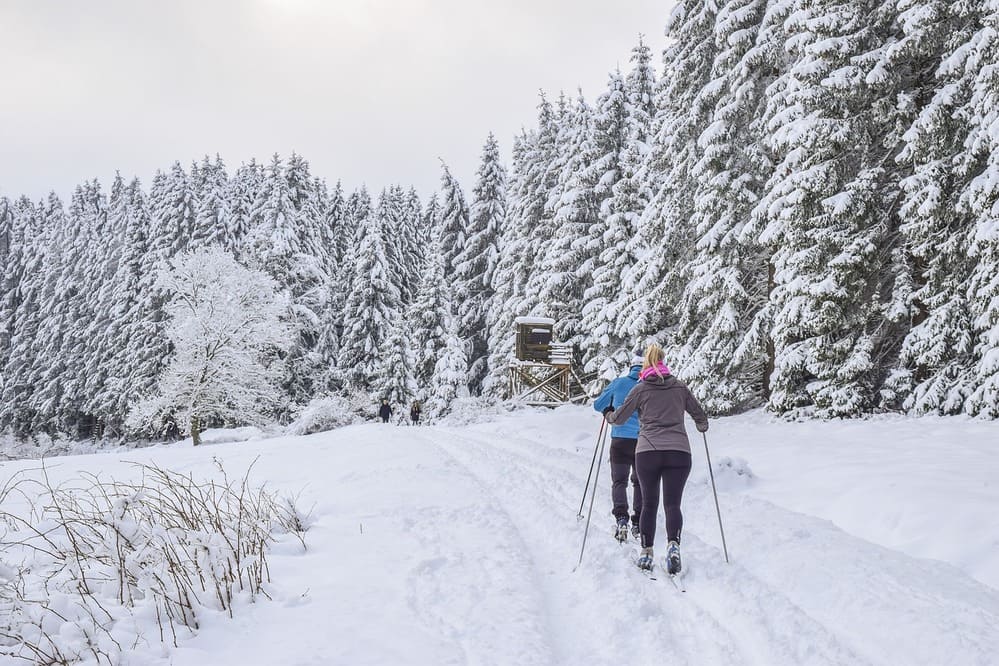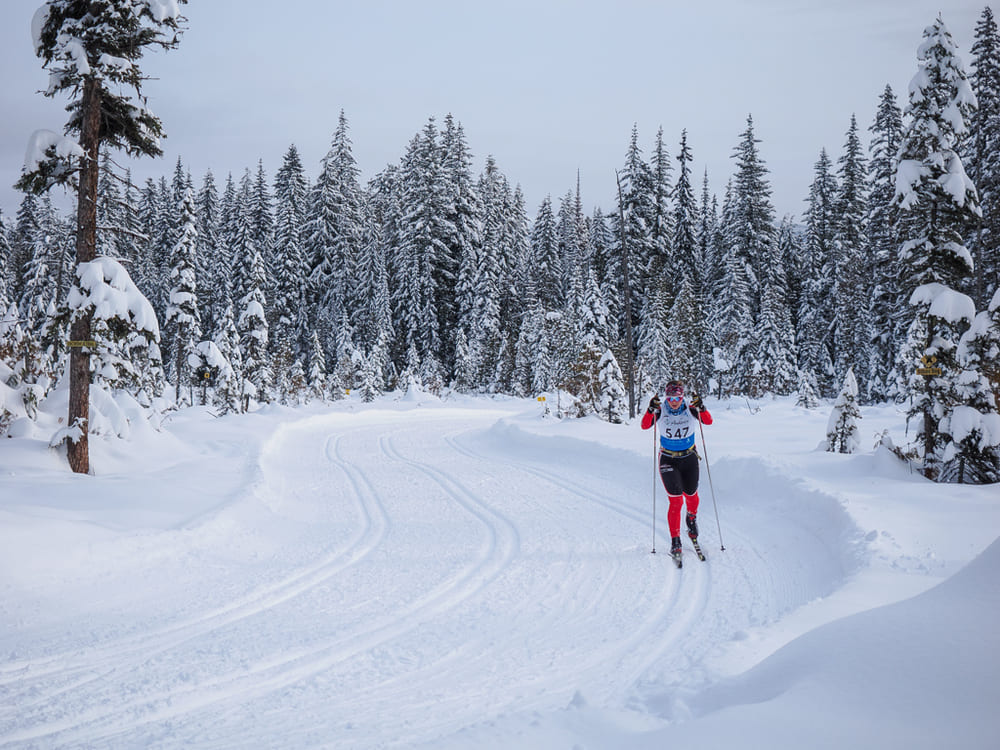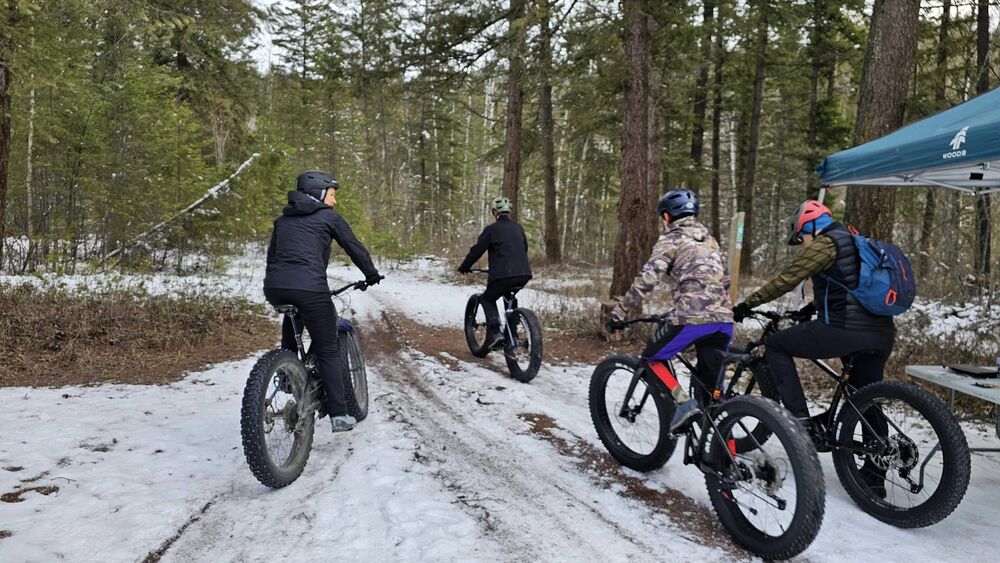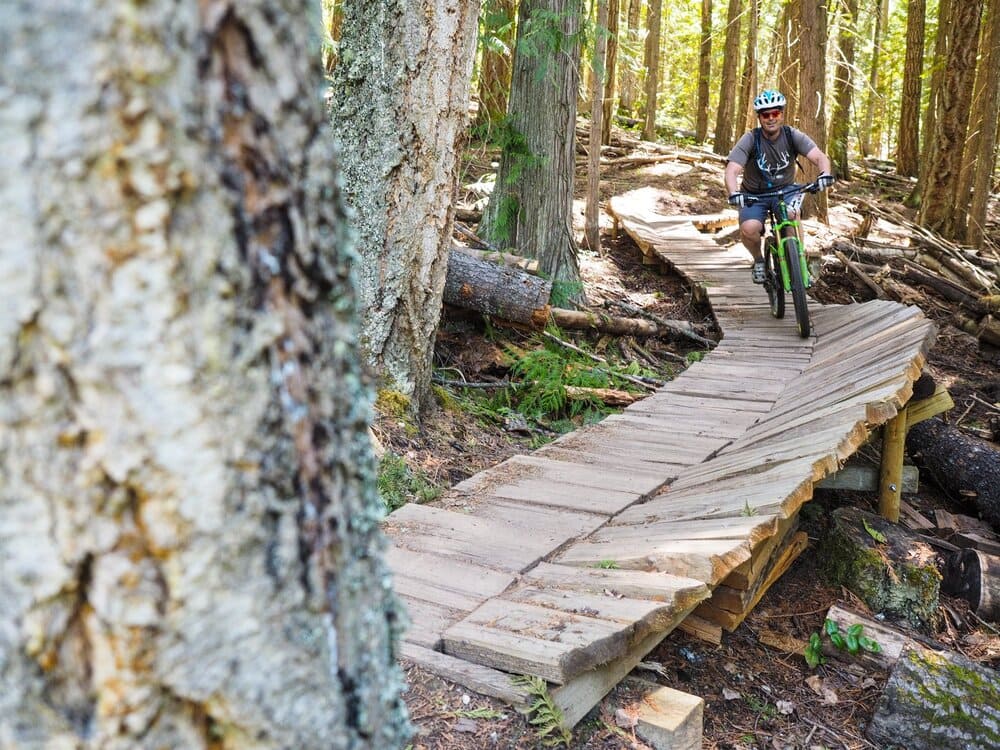Skiing is a skill that takes time, dedication, and practice to master. Whether you’re a beginner, intermediate, or advanced skier, having a professional instructor can make a significant difference in improving your technique and building confidence on the slopes. However, finding the right ski instructor can be challenging, given the variety of qualifications, teaching styles, and lesson structures available. To ensure you get the best experience, it’s important to know what to look for in a ski instructor. In this article, we’ll explore several factors to consider when choosing the right ski instructor for your specific needs.
Qualifications and Certifications
One of the first things you should check when selecting a ski instructor is their qualifications and certifications. A certified instructor is not only trained to teach skiing but is also knowledgeable about safety, skiing techniques, and how to work with different types of learners. In many countries, ski instructors are required to hold specific certifications that confirm their ability to teach safely and effectively. For example, in North America, many instructors are certified by organizations such as the Professional Ski Instructors of America (PSIA) or the Canadian Ski Instructors’ Alliance (CSIA). These certifications are often awarded after extensive training and assessments that ensure the instructor meets a high standard of expertise.
It’s worth noting that certifications often come in different levels. For example, a Level 1 certified instructor may be well-suited for beginners, whereas a Level 3 or higher instructor might be more appropriate for advanced skiers looking to refine their technique. When choosing a ski instructor, consider your current level and goals, and select someone with the relevant qualifications that align with those needs.
Understanding Different Teaching Styles
Just as skiers vary in their skill levels and learning preferences, ski instructors also differ in their teaching styles. Some instructors take a highly technical approach, focusing on precise movements, form, and body mechanics. This style can be helpful for intermediate to advanced skiers who want to perfect their skills. However, it may be overwhelming for beginners who are still learning the basics of balance and movement.
On the other hand, some instructors adopt a more relaxed and playful teaching style, making learning fun and less intimidating, which may be ideal for younger learners or adults who are skiing for leisure. It’s important to assess whether an instructor’s teaching method matches the way you or your child learns. For instance, if you prefer clear, detailed instructions, you may want to look for an instructor who offers more structured, step-by-step guidance. If you learn better through experience and trial, you may benefit from someone who lets you experiment on the slopes while giving feedback along the way.
In some cases, an instructor may blend these approaches, offering both detailed explanations and opportunities for practice. A good instructor should be flexible enough to adapt their teaching style to the individual learner. Make sure to communicate your preferences before your lesson so that your instructor can tailor their approach to suit your needs.
Assessing Experience with Specific Groups
In addition to qualifications and teaching style, an instructor’s experience with specific groups of skiers is also crucial. Skiers come in all ages and abilities, from young children and families to adults seeking private lessons. For example, teaching children requires an entirely different skill set compared to teaching adults. A child-friendly instructor must be patient, encouraging, and know how to keep younger skiers engaged. Many ski schools offer instructors who specialize in teaching kids, with additional training in working with younger age groups and ensuring their safety.
Conversely, if you’re an adult who is returning to skiing after many years or trying it for the first time, an instructor with experience teaching adults may be better suited to help you overcome any initial nerves. Adults often require a different approach, especially when it comes to unlearning bad habits or starting fresh with the right techniques. When researching instructors, inquire about their background in working with skiers in your specific age group or skill level. A good match in this area can help ensure a positive learning experience.
Importance of Communication Skills
Effective communication is a key component of any good teaching experience, and skiing is no exception. An instructor who can clearly articulate instructions and provide constructive feedback can help you progress more quickly. Good communication goes beyond simply giving instructions—it also involves listening to the learner’s concerns, understanding their goals, and adapting the lesson accordingly.
For example, if a student feels nervous about a particular slope or technique, a good instructor will take the time to address those concerns and offer reassurance. They should also be able to break down complex movements into simple, understandable terms, avoiding jargon that might confuse a beginner. In addition, instructors who are approachable and easy to talk to will create a more relaxed environment where learners feel comfortable asking questions and making mistakes. This kind of open communication fosters trust and encourages a positive learning environment, which is critical for developing confidence on the slopes.
When considering an instructor, you can often get a sense of their communication style by asking a few preliminary questions over the phone or during a brief face-to-face chat. This will give you insight into how well they listen, how clearly they explain things, and how they respond to your specific needs.
Evaluating Lesson Structure and Customization
Another important aspect to consider when choosing a ski instructor is how they structure their lessons. A well-organized lesson plan can make the difference between a productive session and one that leaves you feeling frustrated or confused. Many instructors follow a set curriculum, focusing on different skills in each session, such as turning, stopping, or improving balance. Others may take a more flexible approach, adjusting the lesson based on the student’s progress and interests.
When looking for the right instructor, ask how they plan their lessons and whether they offer any customization based on the learner’s goals. For instance, if you’re a beginner, you might want a slower-paced lesson that focuses on mastering basic skills before progressing to more challenging terrain. If you’re more advanced, you may prefer lessons that focus on specific areas you want to improve, such as carving, mogul skiing, or skiing off-piste.
A great instructor will be willing to adapt the lesson to your needs, ensuring that you’re not only learning new skills but also enjoying the experience. Some ski schools offer private lessons, where the instructor can give you undivided attention, while others offer group lessons, which can be more affordable but may involve less individual focus. Deciding between a private or group lesson largely depends on your budget, learning style, and the level of personal attention you prefer.
Recommendations and Reviews
Finally, one of the most effective ways to find a good ski instructor is through recommendations and reviews. If you’re planning a ski trip to a particular resort, ask friends, family, or other skiers if they can recommend an instructor. You can also look online for reviews of ski schools and individual instructors. Many ski resorts provide profiles of their instructors, including their qualifications, experience, and specializations, along with reviews from past students.
While personal recommendations and online reviews are helpful, it’s important to keep in mind that everyone’s learning experience is different. What works for one skier may not necessarily work for another, so it’s always a good idea to gather as much information as possible and, if possible, meet the instructor before committing to a lesson.
In conclusion, finding the right ski instructor requires a bit of research and self-assessment. By considering factors such as qualifications, teaching style, experience with specific groups, communication skills, lesson structure, and reviews, you can make an informed decision that will help you get the most out of your time on the slopes. Whether you’re a complete beginner or an experienced skier looking to fine-tune your technique, the right instructor can make all the difference in achieving your skiing goals.




